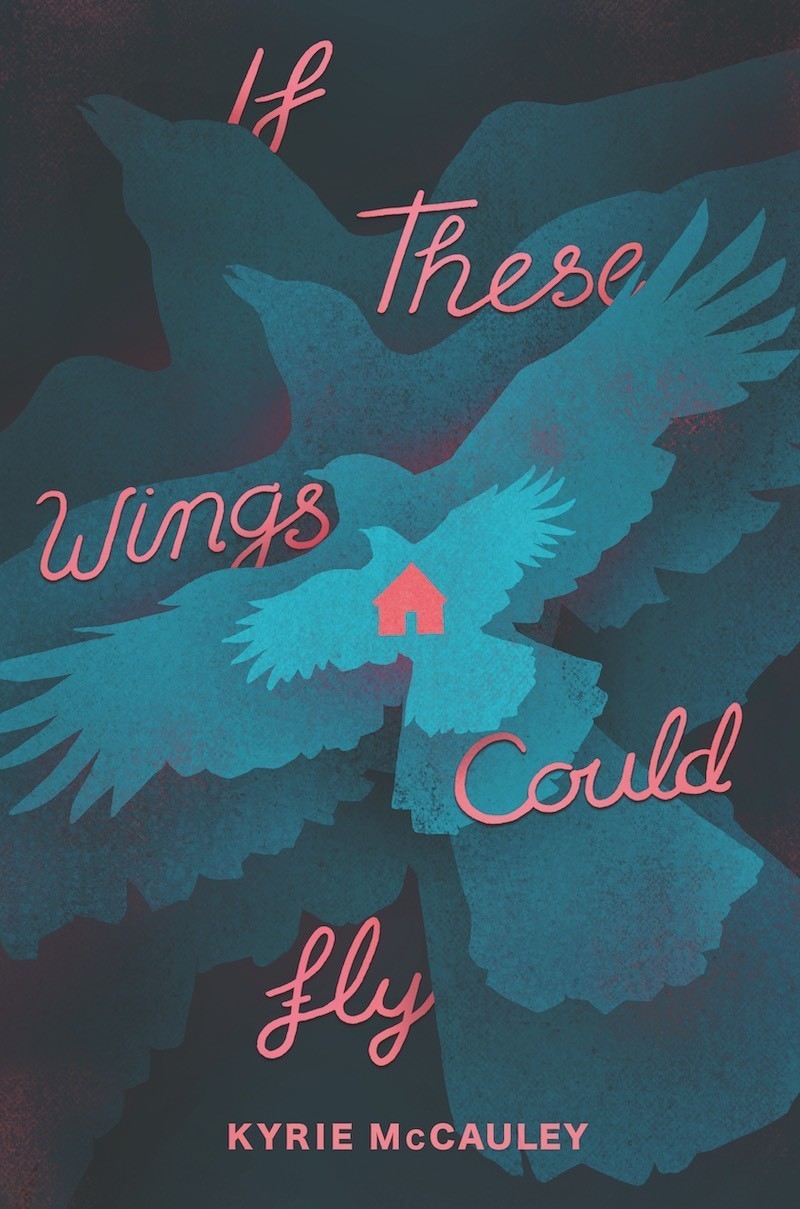Chapter 14
byChapter 14 of If These Wings Could Fly unfolds on a busy Saturday morning at the Auburn Diner, where the comforting scent of pancakes fills the air and families come together for breakfast. The protagonist reflects on her family’s deep-rooted history in Auburn, particularly the legacy of her grandfather’s construction business, which helped shape the town’s skyline and even built their home. While this legacy is significant, it also prompts the protagonist to consider the contradictions in people’s lives—how they outwardly project stability and success, while privately they may carry inner turmoil or unspoken truths. This duality between public appearance and private reality becomes a key theme in the chapter, suggesting that the seemingly perfect lives of the protagonist’s family may be hiding something darker beneath the surface.
As the family waits eagerly for their meal, the waitress, Christine, greets them with warmth, creating a momentary sense of camaraderie that contrasts sharply with the tension within the family. Christine’s casual suggestion for a girls’ night out is quickly rejected by the father, Jesse Barnes, who has been increasingly isolating his wife from her friends and social circles. This refusal highlights the growing strain in their relationship, pointing to a pattern of control and suppression from Jesse. His behavior subtly manipulates the family dynamic, establishing a sense of dominance over his wife, and suggesting that his outward geniality masks a more possessive and oppressive reality. The chapter portrays the emotional divide within the family, where outward warmth and closeness are overshadowed by the underlying issues of control and emotional distance.
The arrival of Officer DiMarco, a long-lost friend of Jesse’s, momentarily lightens the atmosphere, offering a brief reprieve from the family’s ongoing struggles. However, this brief moment of normalcy is shattered when Jesse is confronted with the news of losing a major bid for a library renovation contract, an event that adds further tension to the already fraught situation. Despite Jesse’s attempt to downplay the setback with a nonchalant attitude, the tension between him and his wife becomes undeniable. His attempt to show support by placing a hand on her shoulder is more telling than comforting, revealing the strained nature of their relationship. This seemingly simple gesture exposes the power imbalance and control he exerts, casting a shadow over their interactions and amplifying the emotional distance between them.
The children, including the narrator, watch their parents play out their roles in the public eye, nodding and smiling in response to their father’s words, though their minds are elsewhere. The facade of a happy family begins to crumble for the protagonist as the meal, once a comforting routine, turns sour and heavy. The narrator’s internal conflict intensifies, and the chapter closes on a powerful moment of emotional release. Overcome by the tension and sorrow masked by the breakfast, the protagonist rushes to the restroom, vomiting not just the food, but the painful emotions that have been festering inside. This moment marks a poignant turning point, as the protagonist’s quiet rebellion against the family’s oppressive dynamic is expressed in an outward, visceral way. The stark contrast between the morning’s public display of normalcy and the private pain the protagonist experiences encapsulates the core struggle of the chapter, highlighting the emotional toll of suppressing one’s true feelings in the face of familial expectations.
This chapter underscores the themes of familial control, societal expectations, and the tension between outward appearances and internal realities. Through subtle yet powerful moments, the narrative reveals how the protagonist grapples with the emotional weight of her family’s dynamics. The use of ordinary settings, like the diner, and simple gestures, such as Jesse’s hand on his wife’s shoulder, transforms these everyday moments into symbols of deeper emotional conflict. The chapter serves as a poignant exploration of the complexities of family life, where love, control, and suppression intertwine in a way that ultimately leaves the protagonist seeking a moment of escape, both physically and emotionally. This exploration of inner turmoil against the backdrop of a seemingly normal family highlights the challenges of navigating personal identity and autonomy within the confines of a controlling and emotionally distant family structure.

